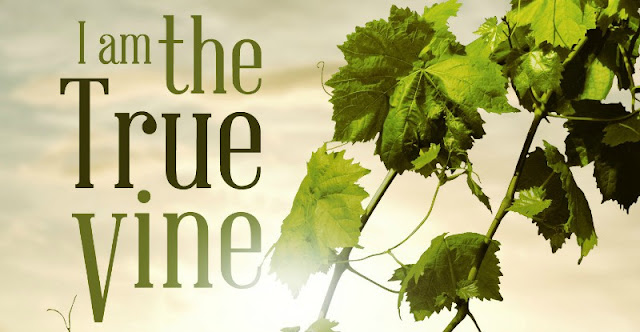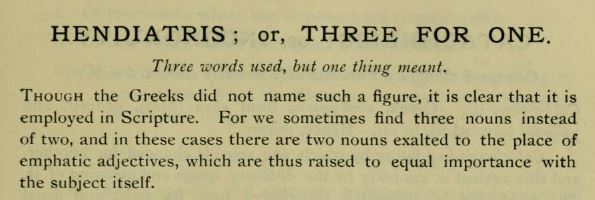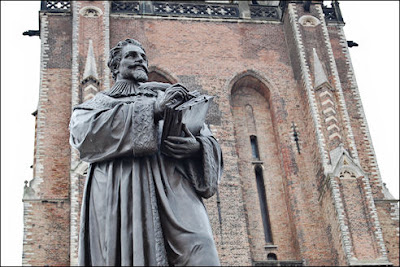Section 125 &126, The Jewish Trial
Section 125 FIRST STAGE OF JEWISH TRIAL EXAMINATION BY ANNAS (Friday before dawn) JOHN 18:12-14, 19-23 Jesus faced six trials in all: three before Jewish officials, and three before Roman officials (see the list of these trials at Mat_26:57-58).-BKC Jesus is taken first to Annas: "We should note that John calls Annas high priest. The high priesthood was a life office. According to Moses, Annas was high priest, but the Romans had given the office to Caiaphas, so that Annas was high priest de jure, but Caiaphas was so de facto. As high priest, therefore, and as head of the Sadducean party, the people looked to Annas before Caiaphas, taking Jesus to him first. The influence of Annas is shown by the fact that he made five of his son and sons-in-law high priests. Annas is said to have been about sixty years old at this time. He questioned Jesus for the purpose of obtaining, if possible, some material out of which to frame an accusation."-Fourfold Jesus stands up for h











